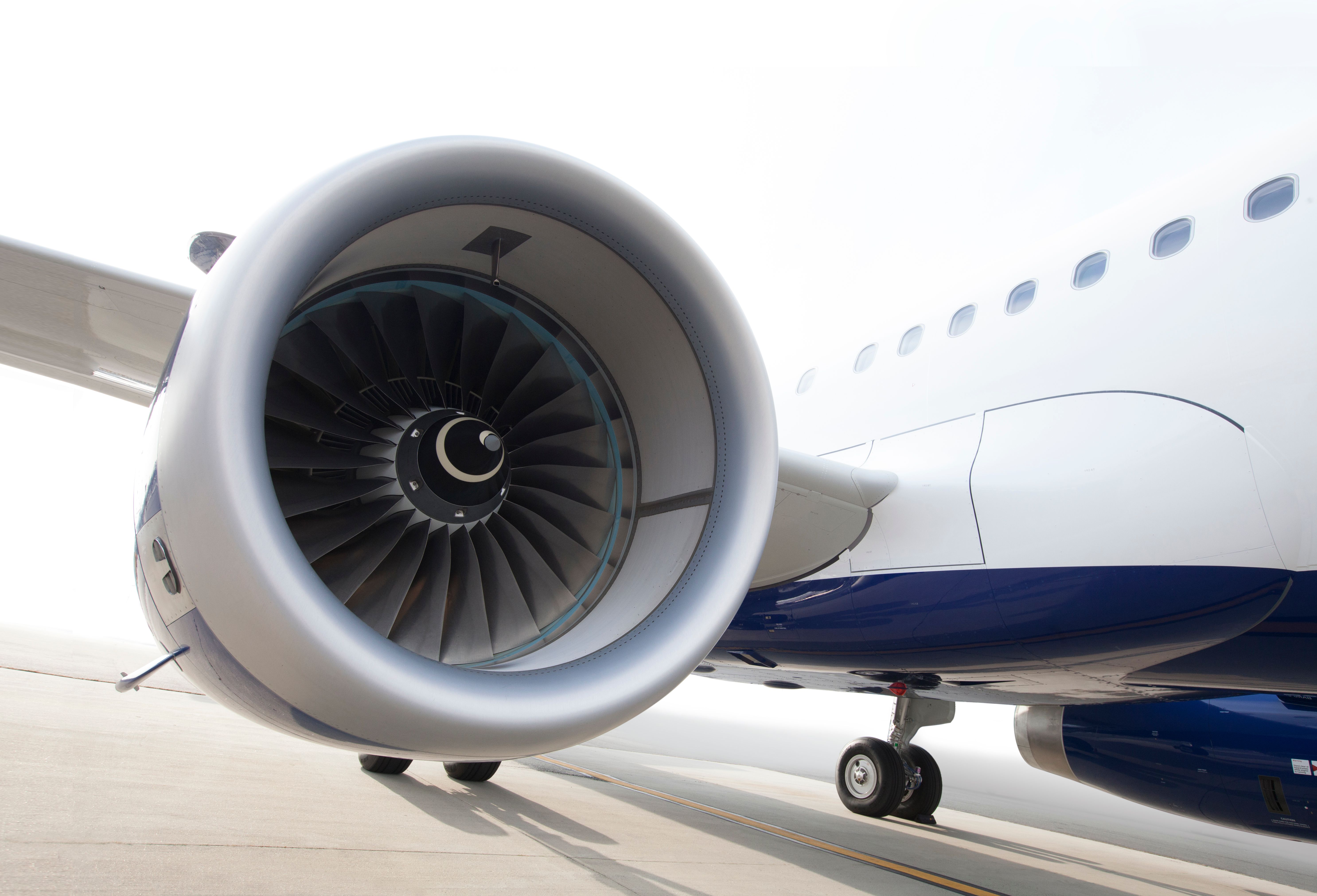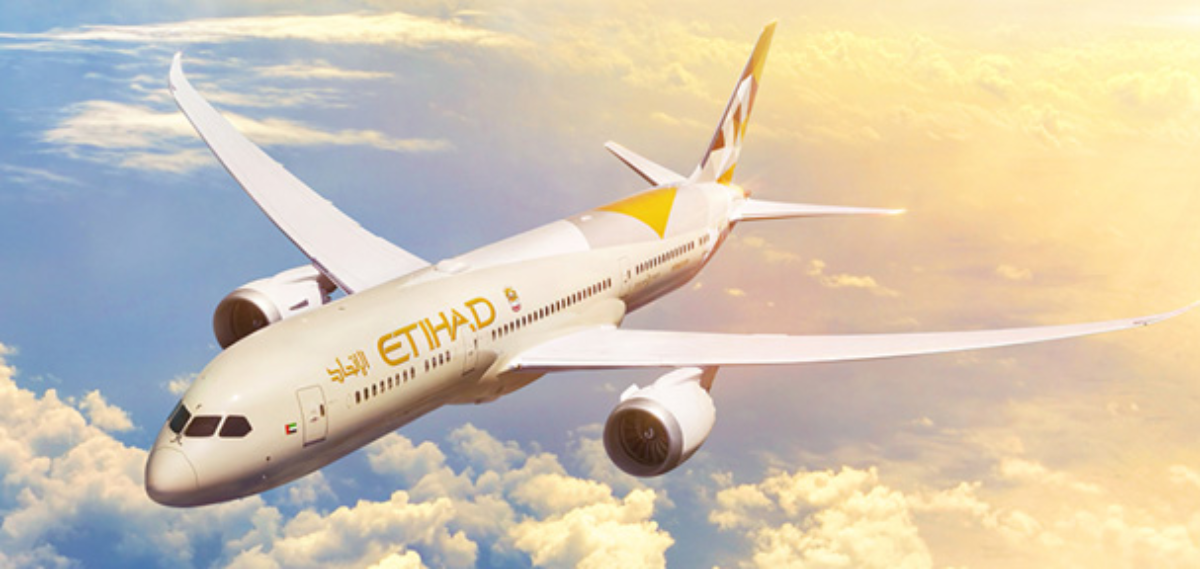Abu Dhabi-based Etihad Airways has the green light from the US Department of Transportation to display JetBlue's B6 designator code on Etihad flights from the US to Abu Dhabi and points beyond. The May 4 authorization further strengthens a longstanding alliance between the two airlines that began in 2014. To date, Etihad has put its EY code on certain JetBlue domestic and short-haul international flights. Initially, Etihad is eyeing adding JetBlue's B6 code on its flights between Abu Dhabi and Chicago O'Hare and Abu Dhabi and New York JFK.
Etihad plans to first place JetBlue's B6 code on New York and Chicago flights
The DOT has approved the application on the basis that both airlines maintain the necessary underlying authority to operate the codeshare services. Both airlines argued the proposed new codeshare was permissible under the existing US-UAE open skies agreement. Codeshare agreements, common across airlines, are a canny way for airlines to extend their networks at minimal expense and without using their own metal. In the case of this agreement, an Etihad passenger originating in Nairobi can fly to, say, Fort Lauderdale on the one ticket, switching airlines in New York. Simultaneously, a JetBlue passenger traveling in the opposite direction can go all the way on a JetBlue-issued ticket.
In addition to JetBlue, Etihad Airways has teamed up with more than 20 airlines to offer similar arrangements, with each of those airlines sending feeder traffic to an Etihad jet and taking traffic off that same plane. It's a you scratch my back, and I'll scratch yours type deal. In Etihad's case, partner airlines include Brussels Airlines, Bangkok Airlines, Oman Air, and SriLankan Airlines. In addition to JetBlue, Etihad works with American Airlines in the US. Perhaps not coincidentally, JetBlue and American Airlines are now knee-deep in their Northeast Alliance.
Codeshare arrangements work for both airlines
JetBlue's hookups with other airlines are less extensive than Etihad's. In addition to that airline and American, JetBlue has partnership arrangements of one type or another with Aer Lingus, Cape Air, Emirates, Hawaiian Airlines, Icelandair, JSX, Porter Airlines, Qatar, Seaborne, Silver Airways, and South African Airways - although we're not sure how that last partnership is going given neither airline flies the US-South Africa country pair.
While sometimes partnership agreements like these entail a degree of competition (for example, oneworld buddies American Airlines and British Airways both fly between New York and London), mostly these deals are about plugging network holes in feeder zones, filling planes, and generating revenue. They work well for passengers too. Generally, codeshare arrangements facilitate cheaper airline tickets, help take the pain out of transfers at connecting airports, and often enable passengers to earn and burn frequent flyer points from airline A on flights operated by airline B.
Discover more aviation news from Simple Flying!
While the JetBlue / Etihad arrangement is hardly revolutionary, it does have one thoroughly 2022 condition. The DOT authorization expressly forbids any airline flying with a US airline designator code from entering, departing, or transiting the airspace of any country or region blacklisted by the Federal Aviation Administration. That means there will be no overflying of Russian airspace for any Etihad flights carrying the B6 code.



